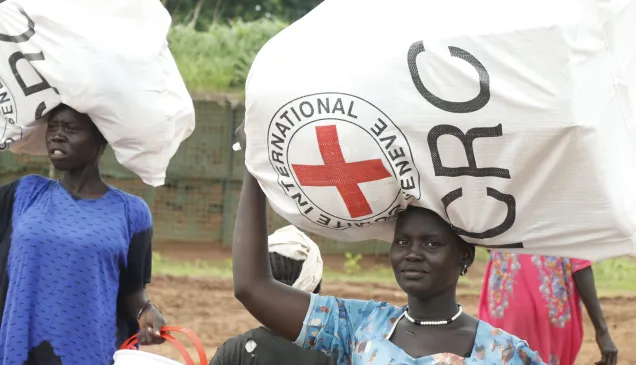In order to ensure respect for international humanitarian law (IHL), States must establish mechanisms to punish violations of that law. The repression of violations of IHL often requires the cooperation of different States, not only because the persons involved in the trials (the accused, the victims, the witnesses, etc.) may be of different nationalities, or in different countries, but also because the most serious violations of IHL are considered to affect the international community as a whole. Cooperation between States is also essential where the evidence relating to such crimes is located in a State other than the prosecuting State, or in several different countries. Given these concerns, international law provides for cooperation procedures in matters of extradition and transfer of prisoners, international judicial cooperation, and cooperation with the ad hoc international criminal tribunals and the International Criminal Court.
Download
PDF file
338.24 KB



